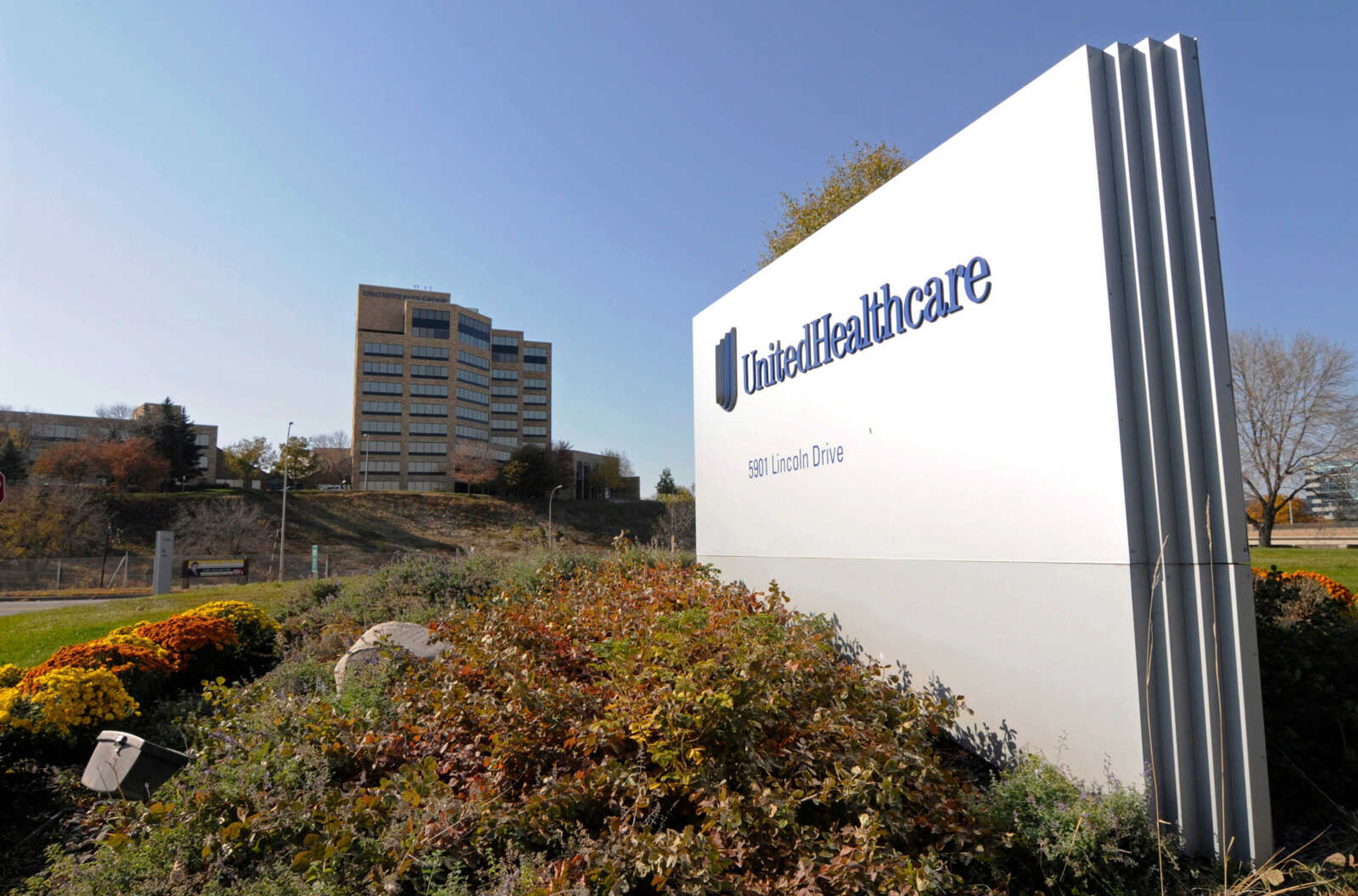UnitedHealthcare broadens direct drug rebate program
The nation's largest health insurer is expanding a program passing rebates from drugmakers directly to the people who use their medications. Beginning next year, all new employer-sponsored health plan customers who use UnitedHealthcare must give the discounts they get to consumers at the point of sale, the insurer said Tuesday...
The nation's largest health insurer is expanding a program passing rebates from drugmakers directly to the people who use their medications.
Beginning next year, all new employer-sponsored health plan customers who use UnitedHealthcare must give the discounts they get to consumers at the point of sale, the insurer said Tuesday.
Pharmacy benefit managers typically negotiate rebates from pharmaceutical companies to help offset the high initial prices set for many drugs. But those discounts rarely flow directly to the people filling prescriptions.
Instead, they are often passed on to companies sponsoring employee insurance plans and are used to reduce premiums or offset other plan costs.
But those high list prices can hurt the patients buying the medications because what they have to pay for the drug out of pocket is based on that initial list price, not the after-rebate cost.
UnitedHealthcare said about a year ago rebates would start shifting directly to the customer filling prescriptions for people covered by employer-sponsored fully insured-health coverage. That's generally small employers. The insurer said the initial program lowered drug costs by an average of $130 per prescription.
UnitedHealthcare said Tuesday its expanded requirement does not apply to existing employer customers that do not already give rebates directly to the consumer.
Drug rebates have become a growing point of contention as the cost of medical care and prescription drugs rises. The federal government has said those hidden rebates can amount to up to 30 percent of a drug's list price.
Health and Human Services Secretary Alex Azar has pushed to turn them more into upfront discounts the customer gets when paying for the drug. He has said that would create pressure on drugmakers to keep prices down.
Leerink analyst Ana Gupte said in a research note she expects other health plans to follow UnitedHealth's lead in requiring more rebates to be offered directly to the patient.
UnitedHealthcare is the insurance arm of UnitedHealth Group Inc., which is based in Minnetonka, Minnesota.
Connect with the Southeast Missourian Newsroom:
For corrections to this story or other insights for the editor, click here. To submit a letter to the editor, click here. To learn about the Southeast Missourian’s AI Policy, click here.










